In recent years, sleeping in vehicles—often called car dwelling, van life, or vehicle habitation—has emerged as both a lifestyle trend and a necessity for many. From budget travelers and digital nomads to families facing a housing crisis, individuals are turning to their cars for shelter. In Virginia, the lines between legality and illegality can be blurry. With unique state laws and varying city ordinances—covering locations from Richmond to Roanoke—understanding where, when, and how you can sleep in your vehicle is essential to avoid fines, tickets, or worse.
This article will guide you through:
-
State regulations and enforcement on rest areas
-
Local city and county rules across Virginia
-
DUI risks associated with sleeping in a car
-
Safety tips for responsible vehicle dwelling in 2025
State-Level Restrictions: Virginia Administrative Code in Focus
Virginia enforces clear rules in its administrative code relating to rest stops and waysides along highways.
At any rest area or wayside in Virginia:
-
Overnight parking is prohibited—you cannot park past designated hours.
-
Camping is banned—you can’t set up tents or sleeping gear.
-
Sleeping inside rest area buildings is forbidden at all times, even during the day.
-
Vehicles must occupy a single space and domestic animals must be leashed outside; service animals are allowed inside.
Essentially, unless otherwise posted, you can stop briefly at a rest area for rest and restroom access—but extended parking or sleeping is not permitted. This reflects Virginia’s aim to prevent camping-like activities and discourage people from using rest areas as overnight accommodation.
While rest areas with lighting claim 24-hour access, that doesn’t override the prohibition on overnight stay. Technically, no legal window exists for sleeping—state regulations enforce this restriction year-round.
Local Ordinances: City and County Variations
State-level rules apply broadly, but each city or county in Virginia may enact its own ordinances regarding vehicle sleeping. Here’s an overview of key locales:
Northern Virginia (Arlington, Fairfax, Alexandria)
Adequate parking demand has led jurisdictions like Arlington and Fairfax to pass residential permit parking laws. These restrict non-residents from parking overnight on many neighborhood streets. Local codes also define loitering and vagrancy to include sleeping in vehicles on public streets or parking lots—effectively making it illegal. Enforcement often includes fines, towing, or citations. In communities like Alexandria, enforcement is particularly strict near business districts and government facilities.
Richmond
Richmond’s parking regulations target RVs, oversized vehicles, and campers. While compact cars are less scrutinized, sleeping is heavily discouraged. Loitering and theft concerns prompt police to move people along. Permits are required to park on public streets beyond certain hours—making spontaneous overnight stays risky.
Roanoke (City & County)
Roanoke County initially considered making vehicle sleeping illegal but rolled back after public criticism. The county now focuses enforcement on nuisance activity—blocking attempts to turn overnight stays into default shelter. Yet enforcement in public areas and commercial lots is still possible.
Tidewater Region (Norfolk, Virginia Beach, Chesapeake)
Cities in Hampton Roads impose anti-camping laws that often include bans on sleeping in cars. Enforcement is inconsistent—some areas tolerate isolated car dwellers; others crack down during tourist seasons or in residential zones.
Western Virginia (Blacksburg, Lynchburg, Charlottesville)
These college towns enforce ordinances prohibiting vehicle habitation on public streets or private property without permission. In Lynchburg, strictly enforced time limits may result in no overnight stays at all for vehicles without a permit.
DUI Risks While Sleeping in Your Vehicle
Virginia’s strong DUI laws consider physical control over a vehicle, not just driving. In 2025:
-
You can be arrested for DUI even if you’re parked and sleeping, as long as the vehicle is deemed operable and you are capable of moving it.
-
The presence of keys, an active engine, or even proximity to controls can be used to establish physical control.
-
Sleeping in the driver’s seat is especially risky, regardless of intoxication level.
-
Sleeping in passenger or rear seats, with keys stored well out of reach, may reduce risk—but is no guarantee.
This broad interpretation means sleeping it off in your car can lead to DUI charges—even with BAC below legal limits—if the officer believes you could drive.
Who Sleeps in Cars in Virginia—and Why
Several groups find themselves sleeping in vehicles:
-
Homeless individuals and families: With a statewide surge in housing costs, many Virginians—especially near Richmond, Hampton Roads, and Charlottesville—have turned to their cars for shelter.
-
Road-trippers and long-distance drivers: Those traveling through Interstate 81 or I-95 routes may sleep in cars at rest stops. While officially banned, many drivers still attempt overnight stays, sometimes facing fines of up to $250.
-
Van-life enthusiasts and digital nomads: Individuals converting vans or SUVs into mobile offices often travel between natural areas and cities. While rest areas in Virginia restrict overnight parking, some opt for quiet big-box store lots.
-
Temporary displaced renters: People between homes may sleep in cars but are often targeted for towing or citations in affluent neighborhoods.
Safety, Health, and Ethical Considerations
Sleeping in your car, even legally, requires caution. Key considerations include:
Safety and Security
-
Choose well-lit, safe locations—near 24-hour businesses or police presence.
-
Avoid isolated or rural areas, where crime risk is higher.
-
Rotate sleeping locations regularly to avoid suspicion.
Health and Comfort
-
Poor ventilation can cause condensation, mold, and respiratory issues. Use cracked windows and a windscreen shade.
-
Consider external battery-powered fans for summer heat.
-
Stay aware of indoor carbon monoxide risk if running the engine for heat in winter—turn it off periodically and crack windows.
Legal Etiquette
-
Avoid drawing attention: no full-blown campsites with chairs or tents.
-
Respect private parking signs. Without permission, you risk trespass citations.
-
Leave no trace: clean up trash and leave areas as you found them.
Alternatives: Where You Can Legally Sleep in a Vehicle
If you need overnight rest, consider these legal options:
-
Designated safe parking programs:
-
Often run with city or church partnerships.
-
Provide security, sanitation, and support services like showers or meals.
-
For example, a church‑sponsored lot near Richmond launched its pilot in 2023—serving ~40 vehicles weekly.
-
-
Commercial RV parks or campgrounds:
-
Accept car campers and provide facilities.
-
Rates in Virginia vary—$25–$50 per night in coastal zones like Virginia Beach.
-
-
Walmart or big‑box store lots:
-
No corporate policy, but many stores tolerate overnight stays if you ask store staff.
-
Rotate among different locations.
-
-
Licensed truck stops:
-
Tech “rest and relaxation” zones may allow passenger vehicles.
-
You must still follow posted time limits.
-
-
Private lots with permission:
-
Ask an industrial business or private landowner to rent a spot.
-
Some property owners appreciate the extra security presence.
-
Practical Tips for 2025 Travelers
To stay safe and compliant in 2025:
-
Always verify local laws online before traveling—Virginia’s county codes are often listed on municipal websites.
-
Plan ahead, especially during tourist season or major events in cities like Norfolk or Manassas.
-
Use apps or online forums to find safe parking suggestions—from Reddit, Vanlife groups, and homelessness outreach pages.
-
Keep keys out of reach or leave them with a trusted companion to reduce DUI risk.
-
Pack a good fan or heater on battery power to avoid idling during sleep.
-
Support and use safe parking programs where available—they’re expanding rapidly across Virginia.
Case Study: Camper Van in Richmond
Consider a solo digital nomad traveling through Richmond in summer 2025:
-
They park overnight in a 24‑hour Home Depot parking lot with staff permission and rotate to a Walmart the next night.
-
No overnight stays at rest areas due to legal restrictions.
-
They use a battery fan, build stealth sleeping curtains, and park in lots far from the entrance.
-
After a DUI scare in Roanoke for sleeping in the driver’s seat, they now store keys with a friend and sleep in the back seat only.
-
Budget options include safe parking lots facilitated by churches—charging $10–$15 nightly—with showers and meals.
The Debate: Enforcement and Ethics
Enforcing car dwelling laws involves balancing public order and compassion. Critics argue:
-
Banning overnight parking in rest areas and public streets offers no support platform to those with nowhere else to go.
-
DUI prosecutions for sleeping off alcohol in a parked car can seem overly aggressive.
-
Local blanket enforcement of residential parking—like in Arlington or Alexandria—may burden low-income commuters.
Supporters contend:
-
Strict rules deter nuisance camping and maintain neighborhood quality.
-
DUI laws, though harsh, save lives by discouraging impaired drivers even after they’ve stopped driving.
-
Permit parking helps manage traffic, not homelessness.
Across Virginia, advocacy groups are urging expansion of safe parking and loosening minor restrictions—especially as homelessness continues to rise in metropolitan areas.
2025 Outlook: Legal Trends & Policy Shifts
In 2025, Virginia is seeing subtle but notable reforms:
-
Richmond City Council is exploring ordinances similar to West Coast safe‑parking models.
-
Roanoke County tapered enforcement post‑public feedback but still limits commercial-lot sleeping.
-
State DMV data shows a slight uptick in DUI arrests tied to parked vehicles—a trend prompting legal groups to ask for more clarity from the legislature.
-
VDOT is quietly reviewing rest area policy to consider limited short-term stays, although no changes have been released publicly.
These suggest Virginia is entering a transitional phase—seeking to balance highway safety, homelessness solutions, and local quality-of-life needs.
Summary Table: What’s Allowed Where
| Location | Rest Stop/VDOT Wayside | City Street/Public Lot | Private Lot (w/o permission) | Private Lot (with permission) | Safe‑Parking Site |
|---|---|---|---|---|---|
| Richmond & Roanoke County | ❌ Not allowed | 🚫 Typically banned | 🚫 Potential trespass | ✅ Usually OK | ✅ Growing availability |
| Northern VA (Arlington, Fairfax) | ❌ Not allowed | 🚫 Banned by ordinance | 🚫 Aggressive enforcement | ✅ Allowed with permission | ⬜ Limited pilot programs |
| Tidewater (Norfolk, VB, Chesapeake) | ❌ Not allowed | 🚫 Often restricted | 🚫 Risky | ✅ Allowed if okay with owner | ⬜ Emerging solutions |
| Western VA college towns | ❌ Not allowed | 🚫 Strict enforcement | 🚫 Not permitted | ✅ Allowed with owner | ⬜ Pilot sites available |
Final Thoughts
Sleeping in your car in Virginia in 2025 is a tricky enterprise: while not outright illegal statewide, it is often disallowed in most public spots. The key takeaways:
-
Rest areas and waysides are off limits—you risk fines or being asked to leave.
-
City and county ordinances generally prohibit vehicle dwellings on public land.
-
DUI laws regarding sleeping in a car are aggressively enforced.
-
Safe parking alternatives provide a compassionate and legal option.
-
Local buy‑in matters—Richmond and Roanoke show that public feedback has real impact.
If you’re considering sleeping in your vehicle in Virginia, do your homework on local laws in your destination, choose private or designated spots when possible, keep your vehicle discreet, and never sleep at the wheel intoxicated. By combining legal awareness with responsible practice, car sleeping can stay both safe and lawful.
The landscape of vehicle habitation is evolving. Virginia stands at a crossroads—balancing traditional enforcement with the rising reality of mobile living and housing costs. Whether you’re a budget traveler, a digital nomad, or someone in need of last‑resort shelter, know your rights, respect local guidelines, and chart a path that honors both your needs and the law.

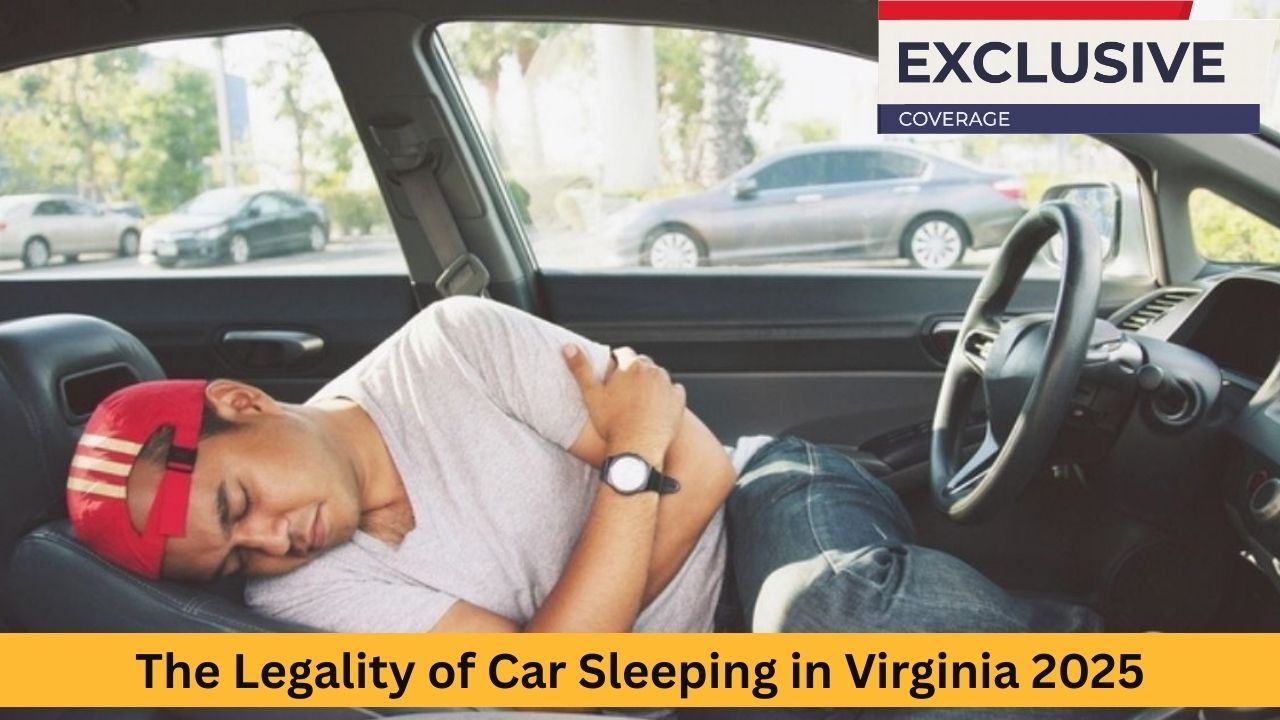

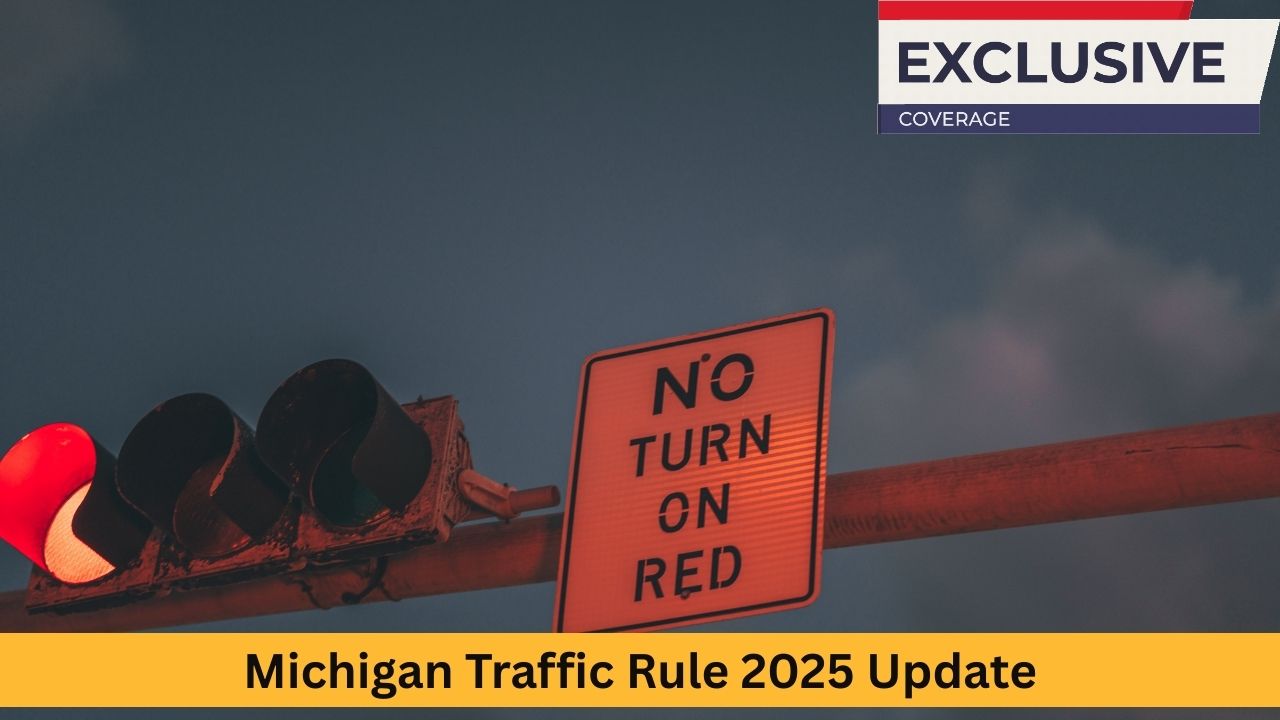

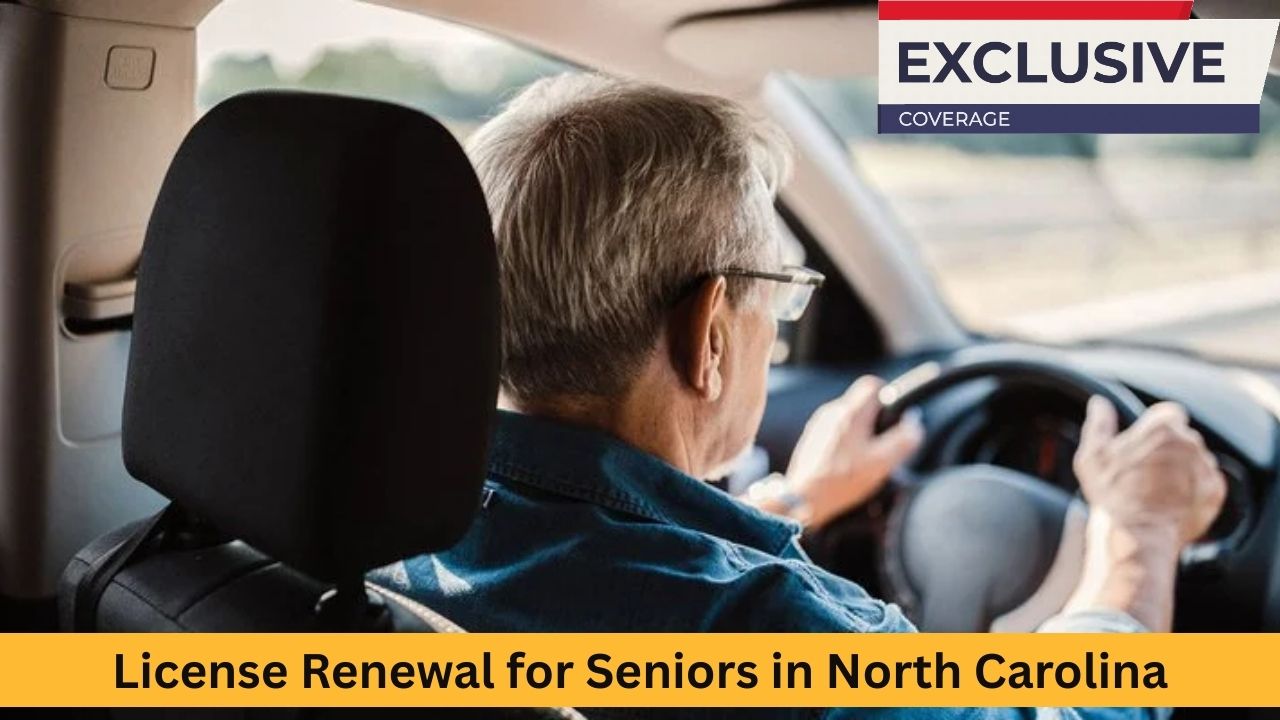
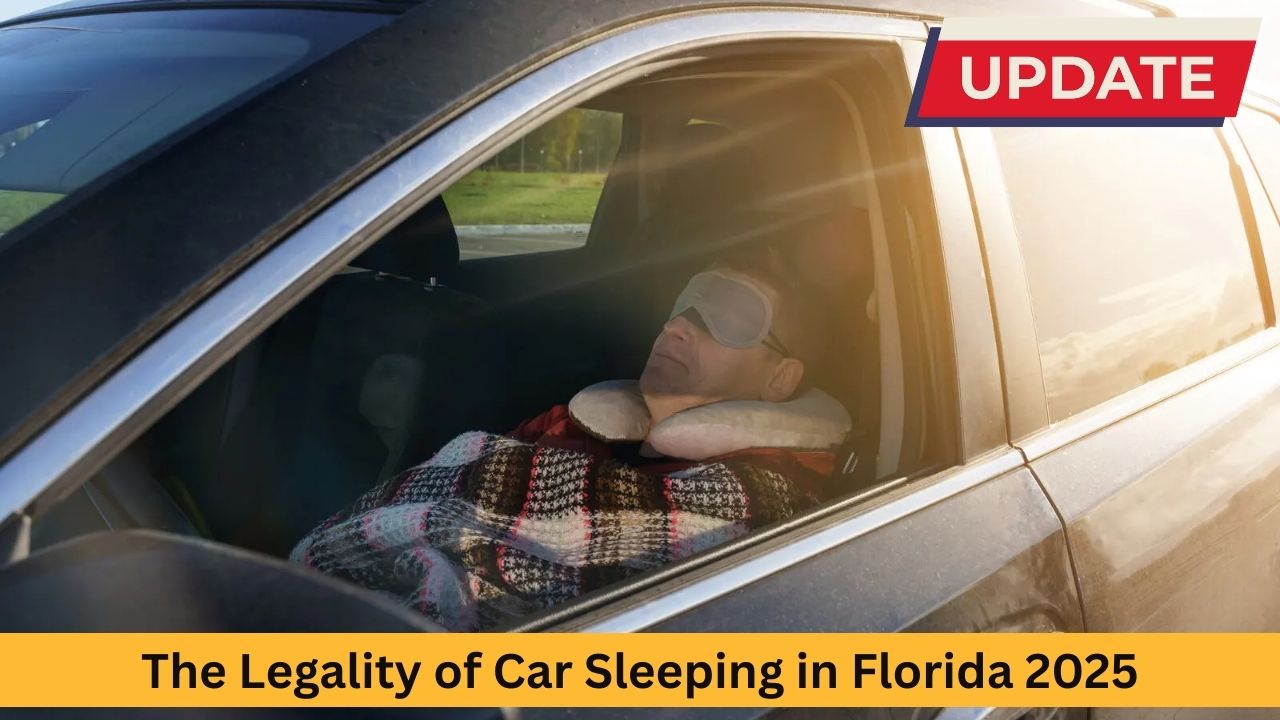

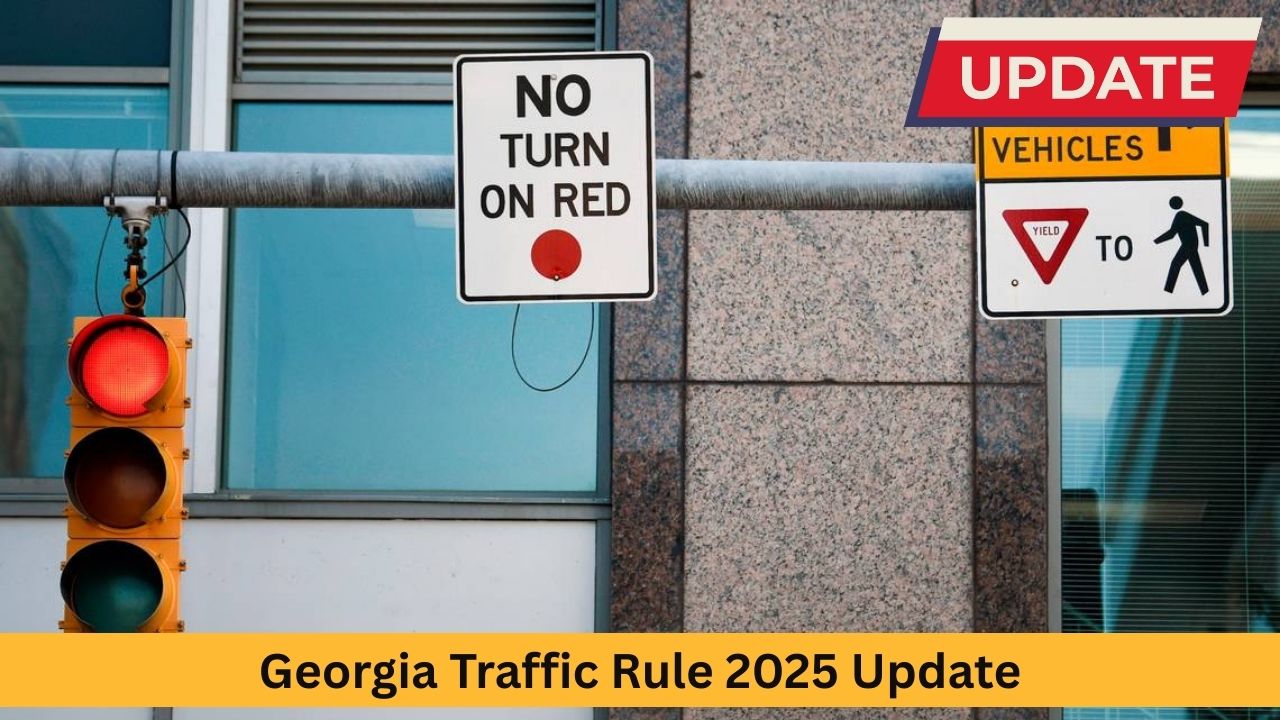
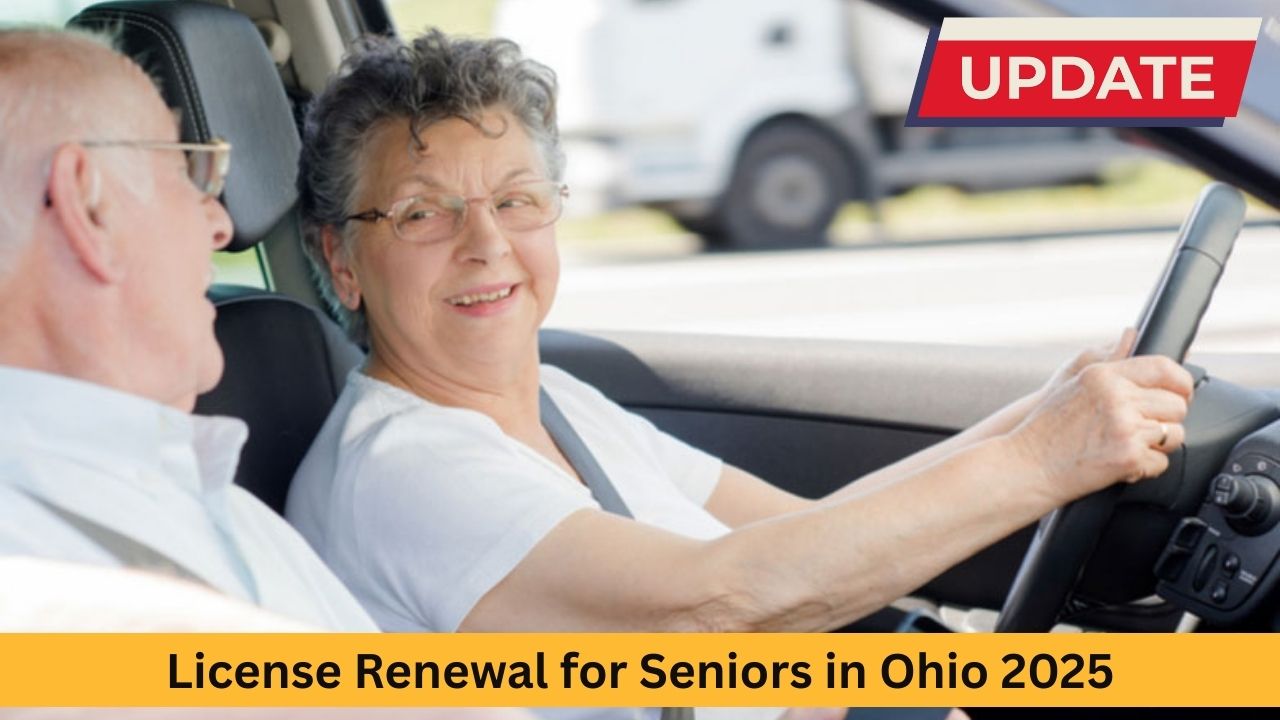

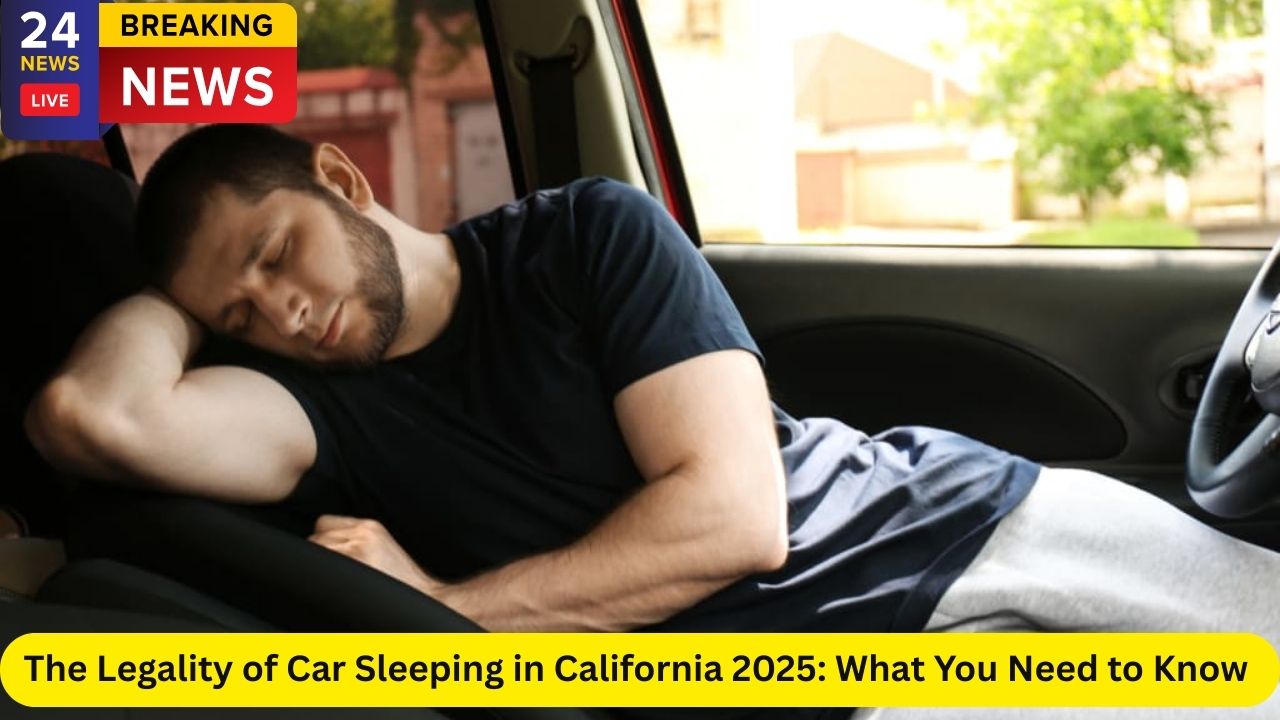
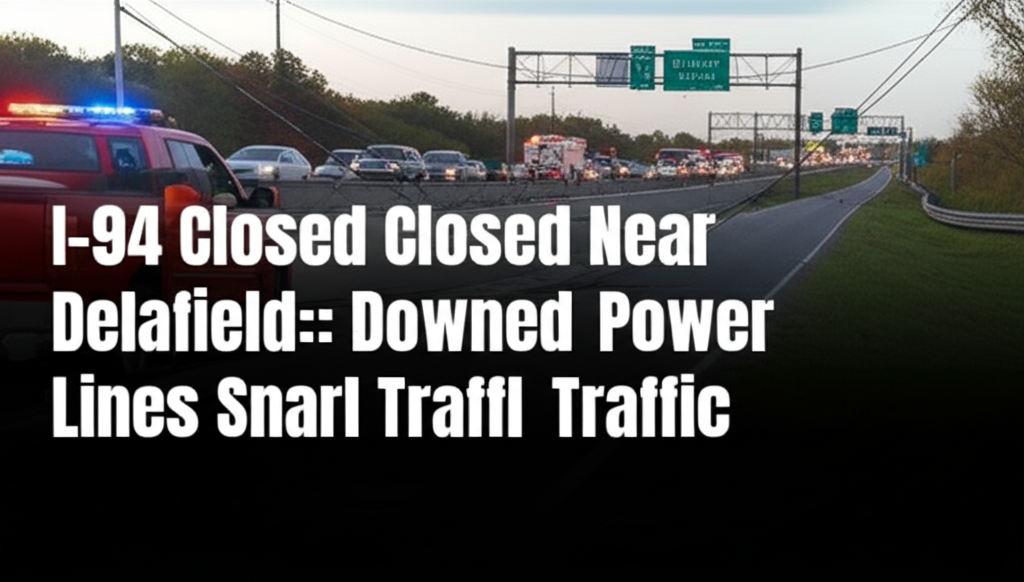
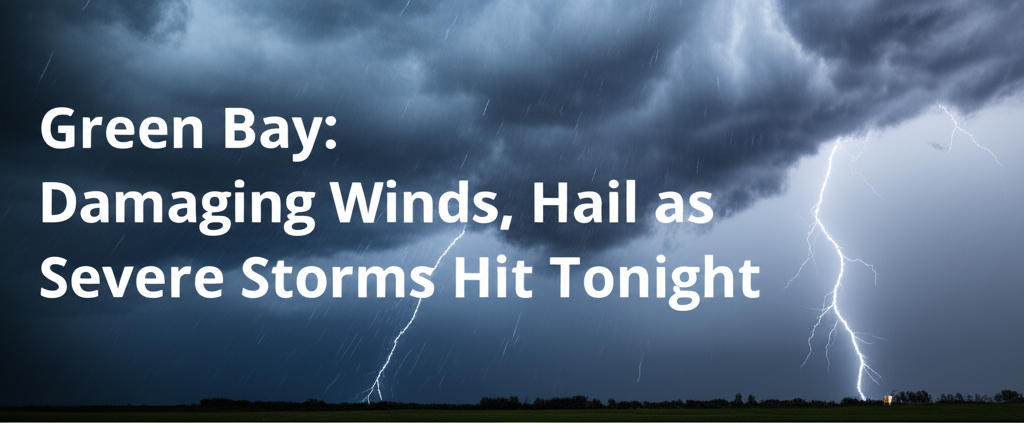
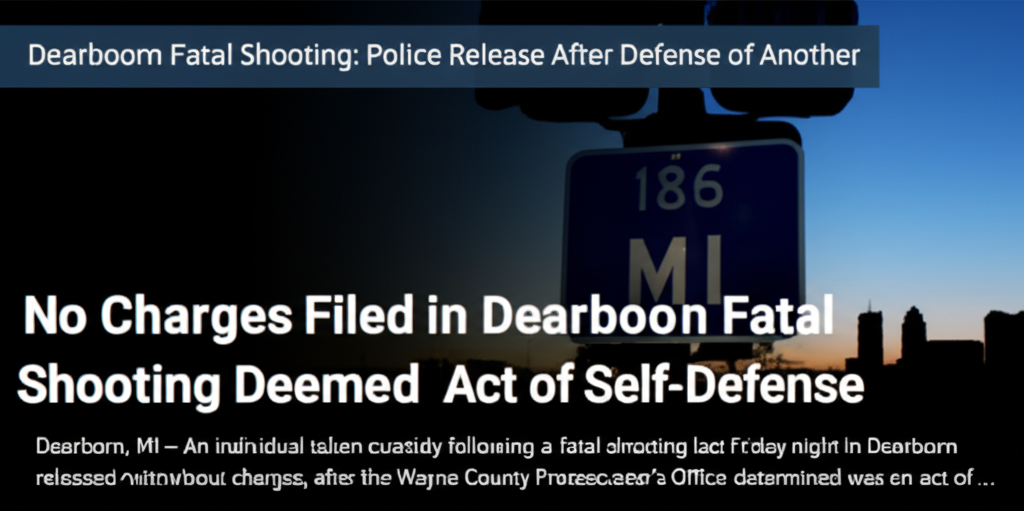
Leave a Reply